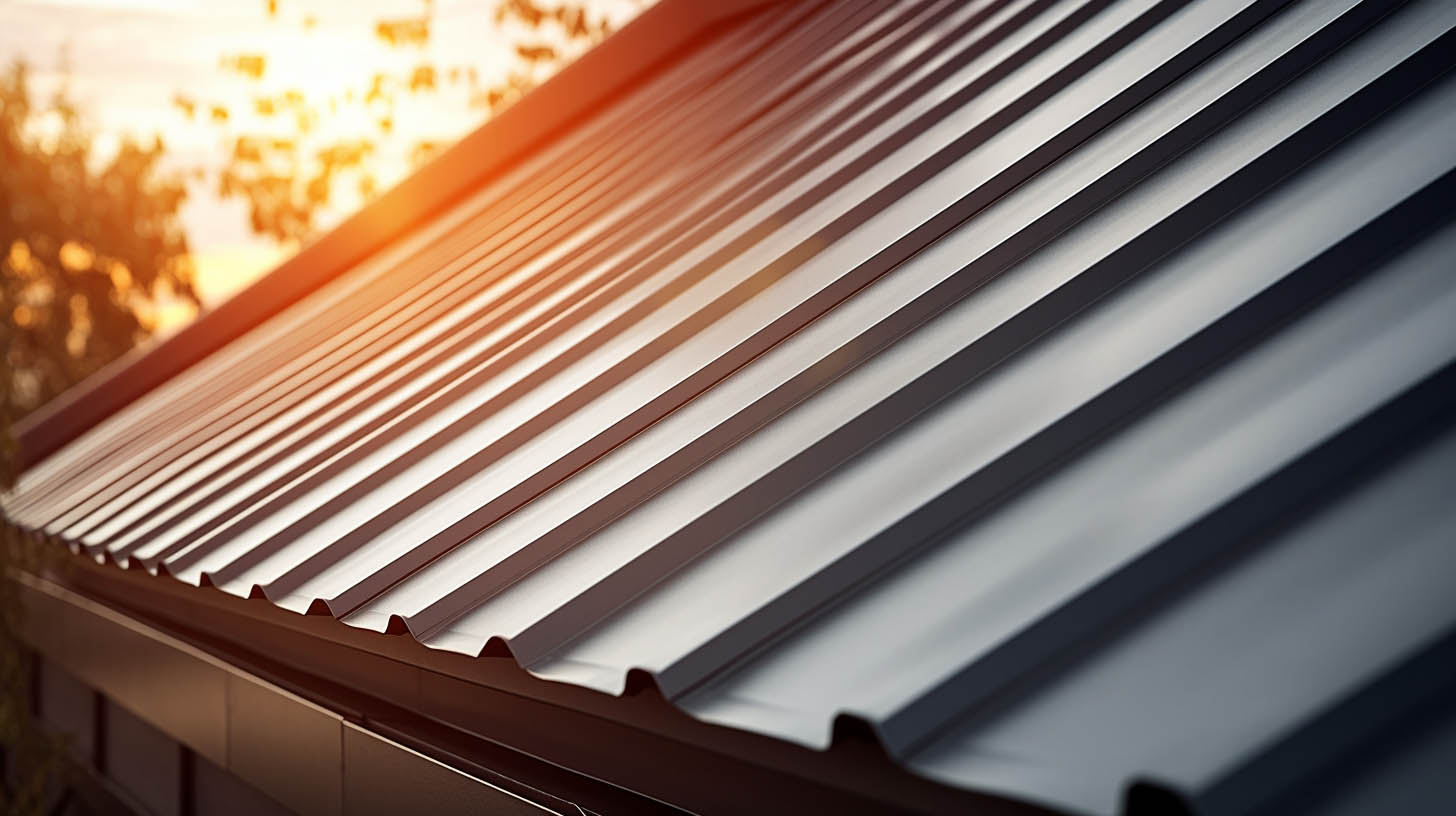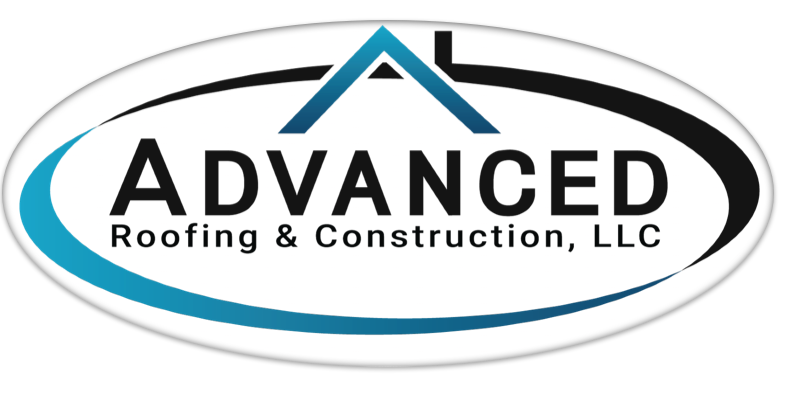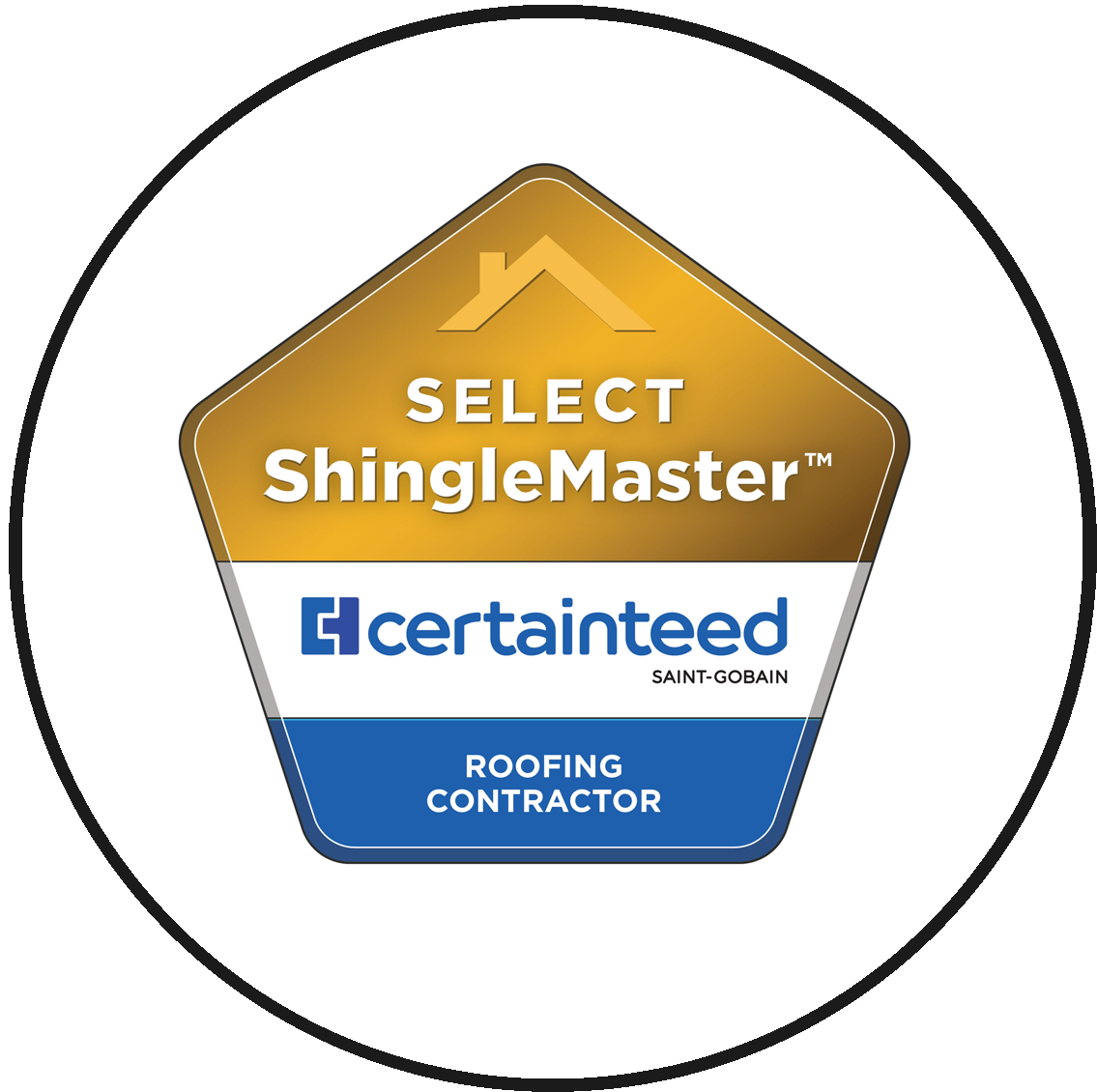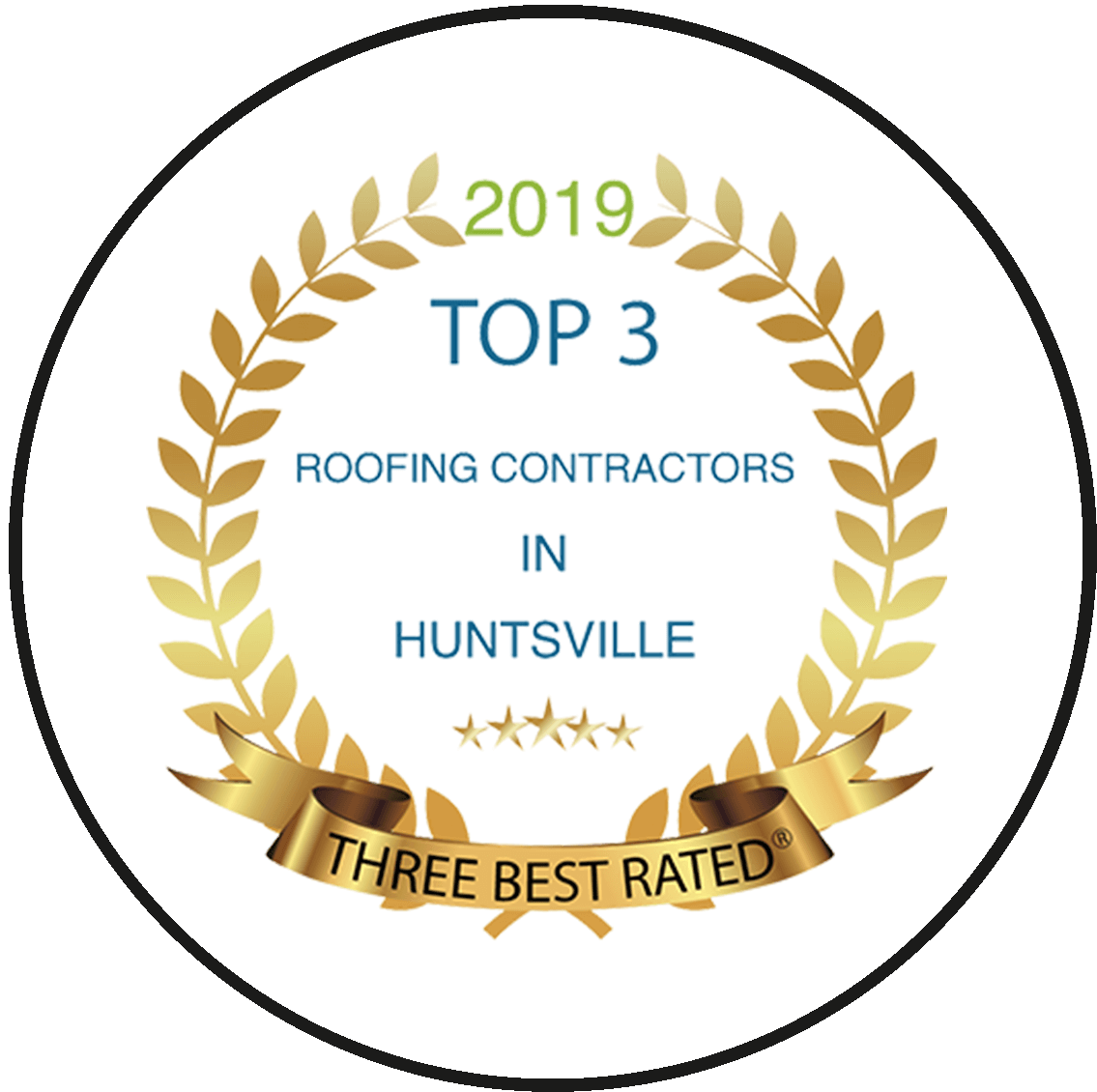
Understanding Roof Types: Flat and Pitched
When it comes to roofing, two primary types dominate the landscape: flat and pitched roofs. Each has its unique characteristics, advantages, and suitability, depending on the building’s purpose and design. In this comprehensive guide, we delve into the intricacies of these roofing styles, particularly focusing on why commercial buildings often opt for flat roofs, while residential homes favor sloped roofs.
Pitched Roofs: The Residential Preference
Pitched roofs are a common sight in residential areas. Their design not only adds an aesthetic appeal to homes but also serves practical purposes. The slope of these roofs, which can vary from steep to gradual, is instrumental in efficient water drainage. This design feature minimizes water pooling and the associated risks of leakage and structural damage.
Advantages of Pitched Roofs
- Effective Drainage: The sloped design ensures quick and efficient water runoff, reducing leakage risks.
- Aesthetic Appeal: Pitched roofs contribute significantly to a home’s architectural charm.
- Additional Space: The area beneath a pitched roof often houses an attic, providing extra storage or living space.
- Low Maintenance Needs: Despite being more challenging to access for repairs and maintenance, pitched roofs generally require less frequent upkeep.
Flat Roofs: The Commercial Building Choice
Contrary to their name, flat roofs are not perfectly flat. They are more accurately described as low-slope roofs, with a subtle incline for water drainage. This roofing style is predominantly found in commercial buildings due to several practical and economic reasons.
Why Commercial Buildings Choose Flat Roofs
- Cost-Effectiveness: Flat roofs are more economical to construct and maintain on large structures like commercial buildings.
- Space Utilization: These roofs provide additional space for housing equipment such as air conditioning units, which is a valuable asset in commercial real estate.
- Practicality in Large Structures: Implementing a sloped roof on a vast commercial building would be impractical and potentially hazardous.
- Maintenance and Accessibility: Despite requiring more frequent maintenance, flat roofs are easier to access and service.
The Role of Professional Roofing Expertise
Choosing the right roof type is a decision that should involve professional input. Companies like Advanced Roofing & Construction, LLC, specializing in roofing in Huntsville AL, offer expert consultation to determine the most suitable roofing style for your building. Whether it’s a commercial establishment requiring a robust flat roof or a residential property that would benefit from the elegance of a pitched roof, professional guidance is crucial.
Conclusion
The decision between a flat and a sloped roof depends on various factors, including the building’s purpose, size, and aesthetic requirements. While commercial buildings benefit from the practicality and cost-effectiveness of flat roofs, residential homes enjoy the charm and functionality of sloped roofs. For those in Huntsville AL, seeking professional roofing advice, companies like Advanced Roofing & Construction, LLC, stand ready to provide top-notch services, ensuring that your roofing choice not only meets your needs but also enhances the overall value and functionality of your property.




